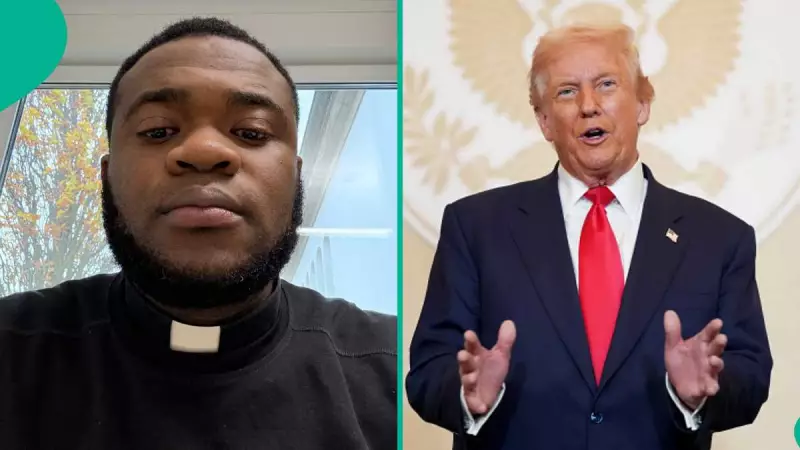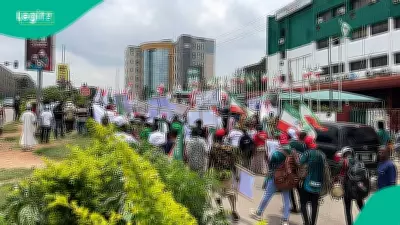
In a bold move that has captured national attention, a respected Catholic priest has delivered a compelling message to former United States President Donald Trump concerning his recent threats against Nigeria. The religious leader's intervention comes at a crucial time in international relations between both nations.
The priest emphasized the importance of maintaining peaceful diplomatic channels and constructive dialogue between countries. His message serves as a reminder that threats and aggressive posturing rarely yield positive outcomes in international affairs.
A Voice of Reason in Tense Times
As tensions simmer in the political landscape, the Catholic clergy member stepped forward to advocate for peaceful resolution methods. The priest's background in religious leadership and community service lends significant weight to his words, positioning him as a credible voice in this diplomatic discourse.
The religious leader highlighted Nigeria's sovereignty and the importance of mutual respect between nations, regardless of their political differences or historical contexts.
The Growing Concern Over International Relations
This development comes amid increasing concerns about the state of international diplomacy and the methods employed in resolving conflicts between nations. The priest's message resonates with many Nigerians who seek peaceful coexistence and constructive international partnerships.
The intervention underscores the role religious leaders can play in shaping public discourse and influencing international relations through moral persuasion and peaceful advocacy.
Broader Implications for Nigeria-US Relations
This exchange highlights the complex dynamics of Nigeria's relationship with the United States and how individual statements from prominent figures can impact bilateral relations. The priest's measured response demonstrates a commitment to maintaining Nigeria's dignity while seeking peaceful solutions.
Many observers see this as part of a larger pattern where religious leaders increasingly engage with political matters that affect their congregations and national interests.
The situation continues to develop as both political and religious communities watch for responses and potential resolutions to the underlying tensions between the two nations.





